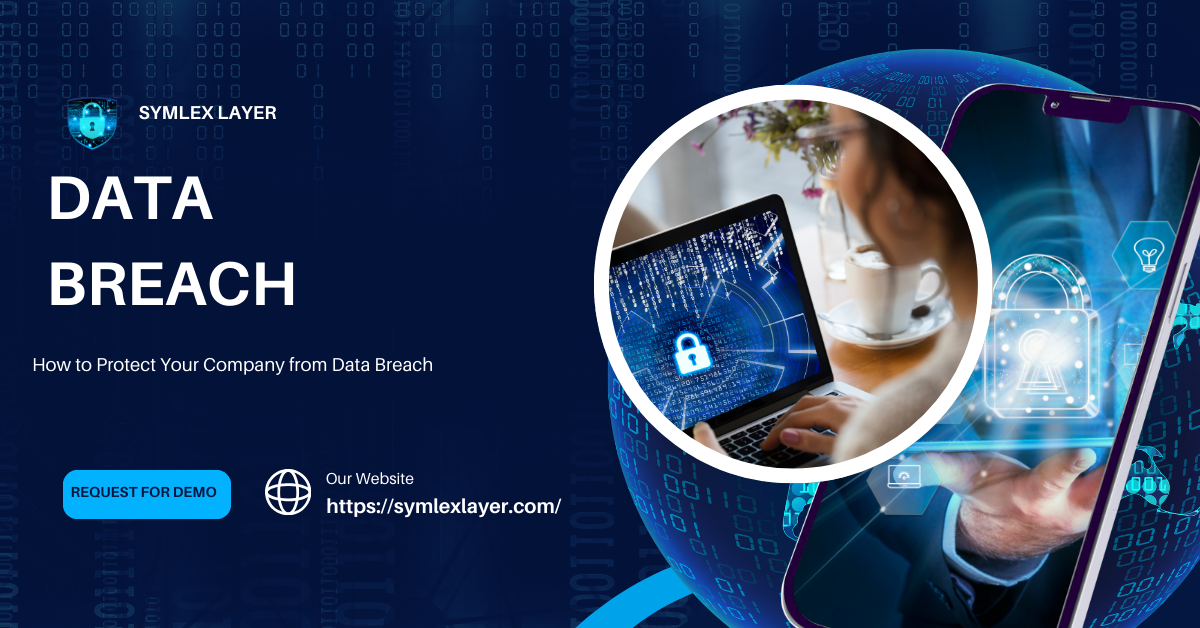
In today’s digital age, data breaches have become a significant concern for businesses of all sizes. The loss or theft of sensitive data can lead to severe financial repercussions, legal penalties, and a tarnished reputation. Protecting your company from data breaches requires a multi-layered approach that includes both technological and human factors. This blog post will explore various strategies to safeguard your company, including the importance of using a corporate VPN.
A data breach occurs when unauthorized individuals gain access to sensitive, protected, or confidential data. This can include anything from customer personal information, financial records, and intellectual property to trade secrets and company communications. The consequences of a data breach can be catastrophic, leading to financial losses, damage to brand reputation, and legal action.
One of the simplest yet most effective ways to protect your company from data breaches is to enforce strong password policies. Require employees to use complex passwords that include a combination of letters, numbers, and special characters. Additionally, passwords should be changed regularly, and multi-factor authentication (MFA) should be implemented to add an extra layer of security.
Phishing attacks are a leading cause of data breaches, so it’s essential to educate employees on how to recognize and avoid phishing attempts. Regular training sessions should be conducted to teach employees about the dangers of clicking on suspicious links or downloading attachments from unknown sources. Simulated phishing exercises can also be used to test employees’ awareness and reinforce best practices.
Encryption is a powerful tool that can help protect sensitive data from unauthorized access. By encrypting data at rest and in transit, you ensure that even if a breach occurs, the stolen data will be unreadable without the correct decryption key. Implementing encryption for emails, databases, and file storage is crucial for safeguarding your company’s data.
Outdated software and systems are prime targets for cybercriminals. Regularly updating your software, operating systems, and security applications is critical to protecting your company from data breaches. Many software updates include patches for security vulnerabilities that hackers could exploit, so staying current is essential.
A Virtual Private Network (VPN) is an essential tool for protecting your company’s data, especially when employees work remotely or access company resources from public networks. A corporate VPN encrypts the internet traffic between an employee’s device and the company’s network, making it difficult for hackers to intercept or steal data.
Symlex Layer is a highly recommended corporate VPN solution that offers robust security features tailored to businesses. It provides military-grade encryption, ensuring that your data remains secure during transmission. Symlex Layer also includes advanced features such as split tunneling, which allows you to direct traffic between the VPN and local networks, and a kill switch, which automatically disconnects your device from the internet if the VPN connection drops.
Symlex Layer is designed to handle the demands of a corporate environment, with support for multiple devices, easy deployment, and centralized management. By using Symlex Layer, your company can significantly reduce the risk of data breaches, particularly when employees are working from remote locations or accessing sensitive information on public Wi-Fi networks. Learn more about Symlex Layer here.
Not all employees need access to all company data. Implementing strict access controls ensures that sensitive information is only available to those who require it for their work. Role-based access control (RBAC) allows you to assign permissions based on an employee’s role within the company. Regularly review and update these permissions to ensure that access levels are appropriate.
Regular security audits are crucial for identifying potential vulnerabilities in your company’s systems and processes. These audits should be conducted by internal teams or third-party security experts to ensure that all aspects of your network, applications, and data storage are thoroughly examined. Security audits can also help identify areas where additional training or resources may be needed.
Monitoring network traffic is essential for detecting unusual or suspicious activity that could indicate a potential data breach. Implementing intrusion detection and prevention systems (IDPS) allows you to monitor traffic in real time and receive alerts about any unauthorized access attempts. Regularly reviewing logs and analyzing network traffic patterns can also help you identify and respond to threats more effectively.
Despite your best efforts, a data breach could still occur. Having an incident response plan in place ensures that your company can quickly and effectively respond to a breach. This plan should outline the steps to be taken in the event of a breach, including notifying affected parties, containing the breach, and conducting a post-incident analysis. Regularly reviewing and updating the incident response plan is essential to ensure it remains effective.
Cybersecurity insurance can provide financial protection in the event of a data breach. This type of insurance typically covers the costs associated with breach notification, legal fees, and damages awarded in lawsuits. While cybersecurity insurance is not a substitute for robust security measures, it can be an important part of your company’s overall risk management strategy.
Protecting your company from data breaches requires a comprehensive approach that includes strong password policies, employee education, encryption, software updates, and the use of a corporate VPN like Symlex Layer. By implementing these strategies and regularly reviewing your security practices, you can significantly reduce the risk of a data breach and safeguard your company’s sensitive information. Remember that data security is an ongoing process, and staying vigilant is key to protecting your business in an ever-evolving threat landscape.
Symlex Layer Cybersecurity Blog
Read blog on different category
Last update: Yesterday